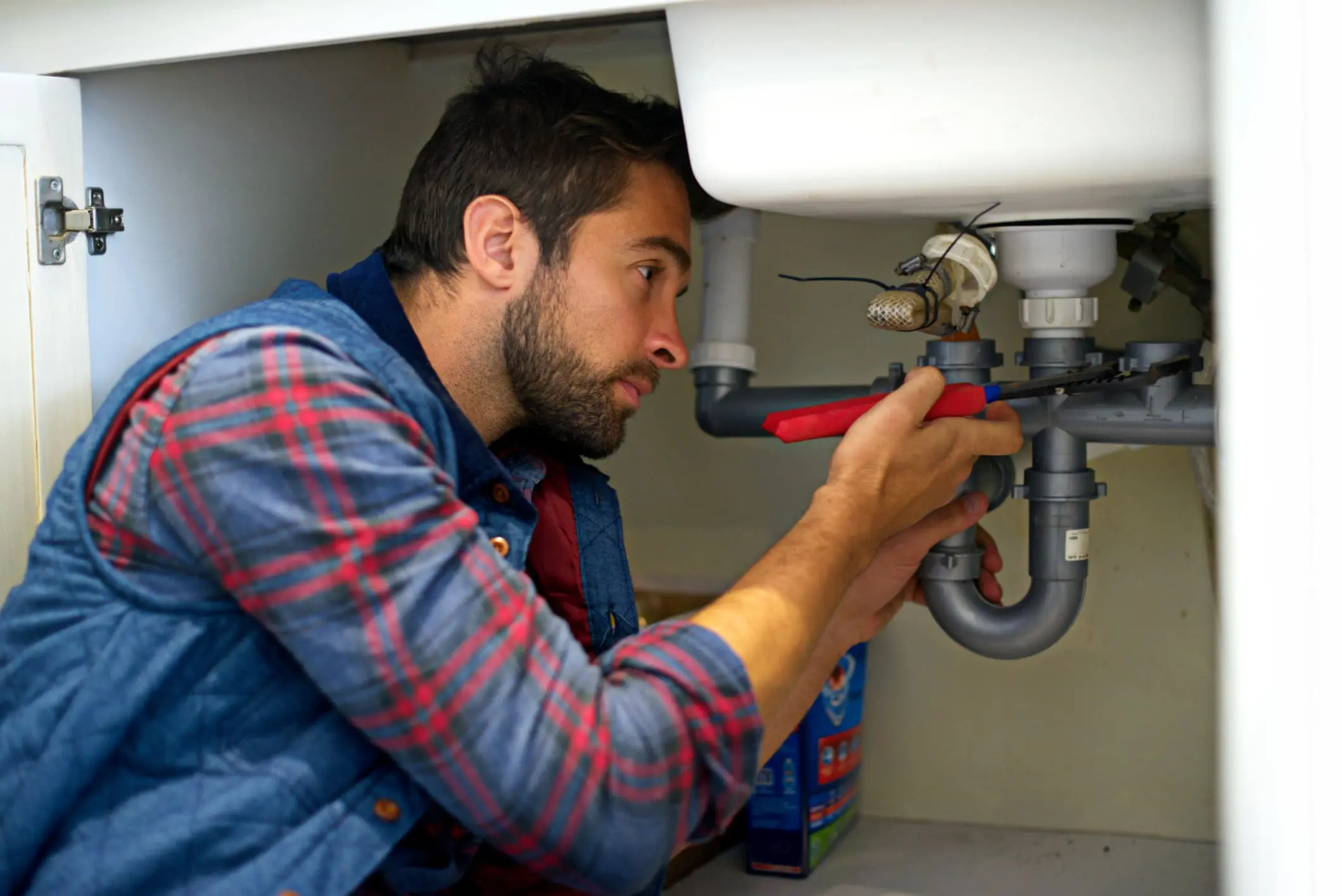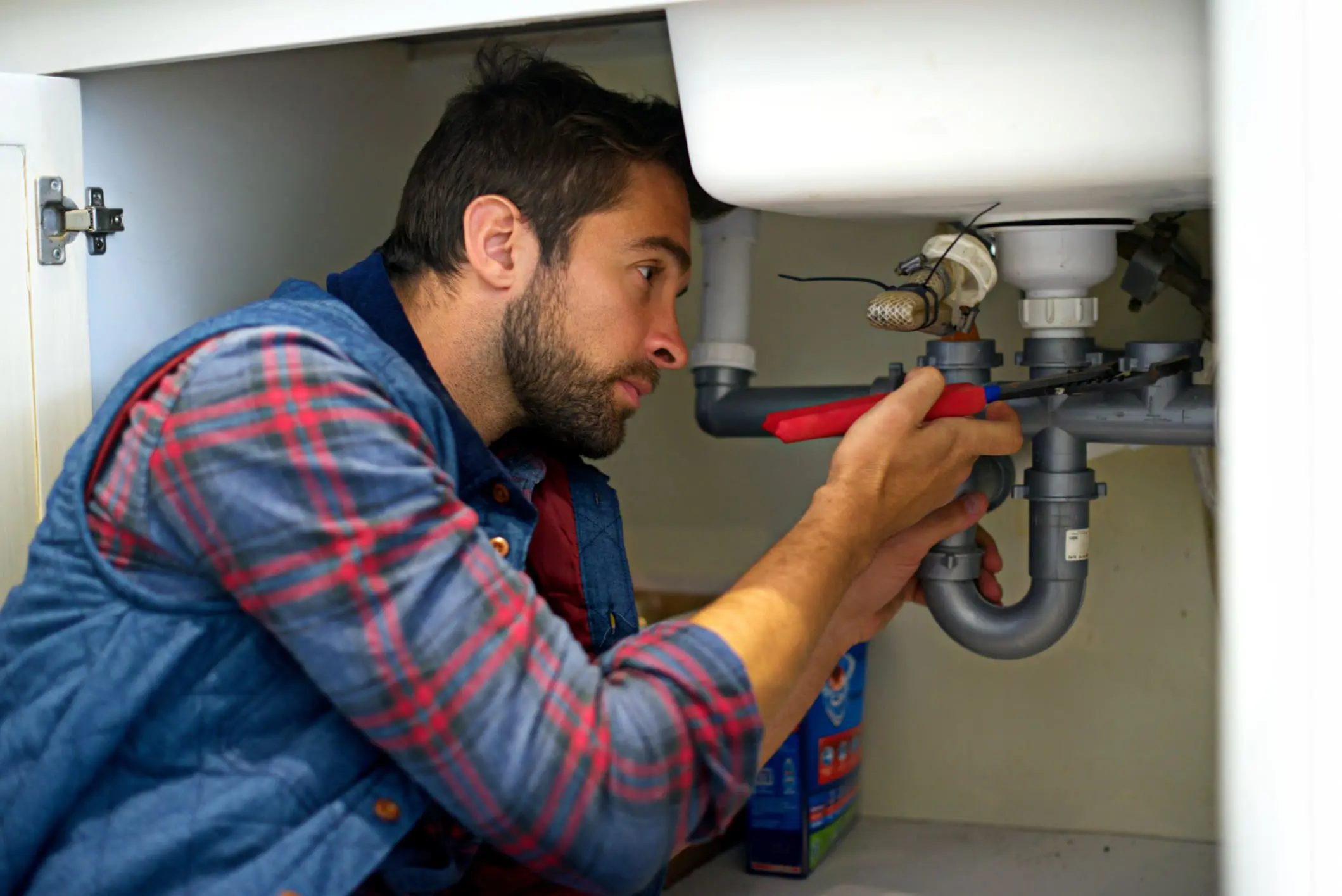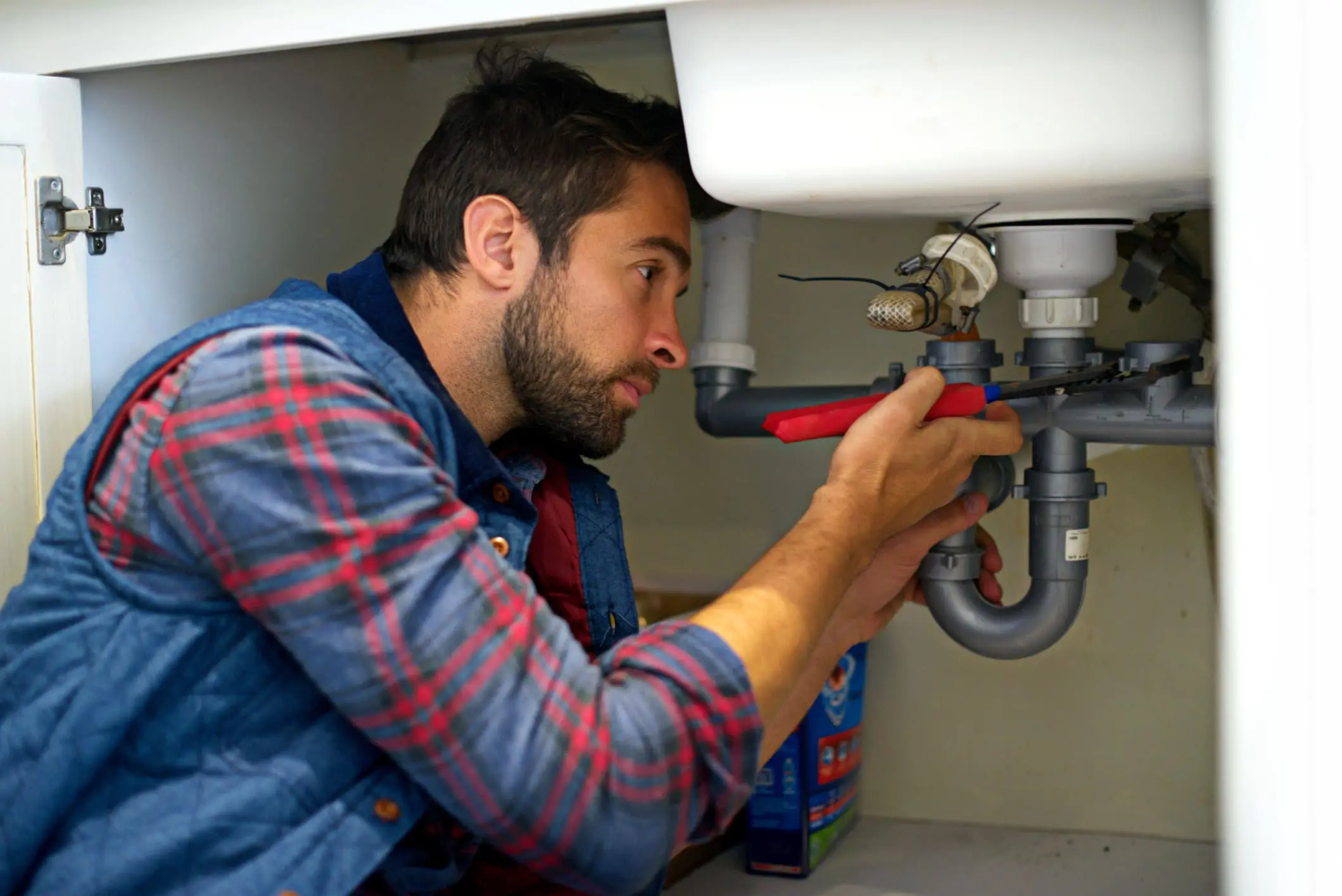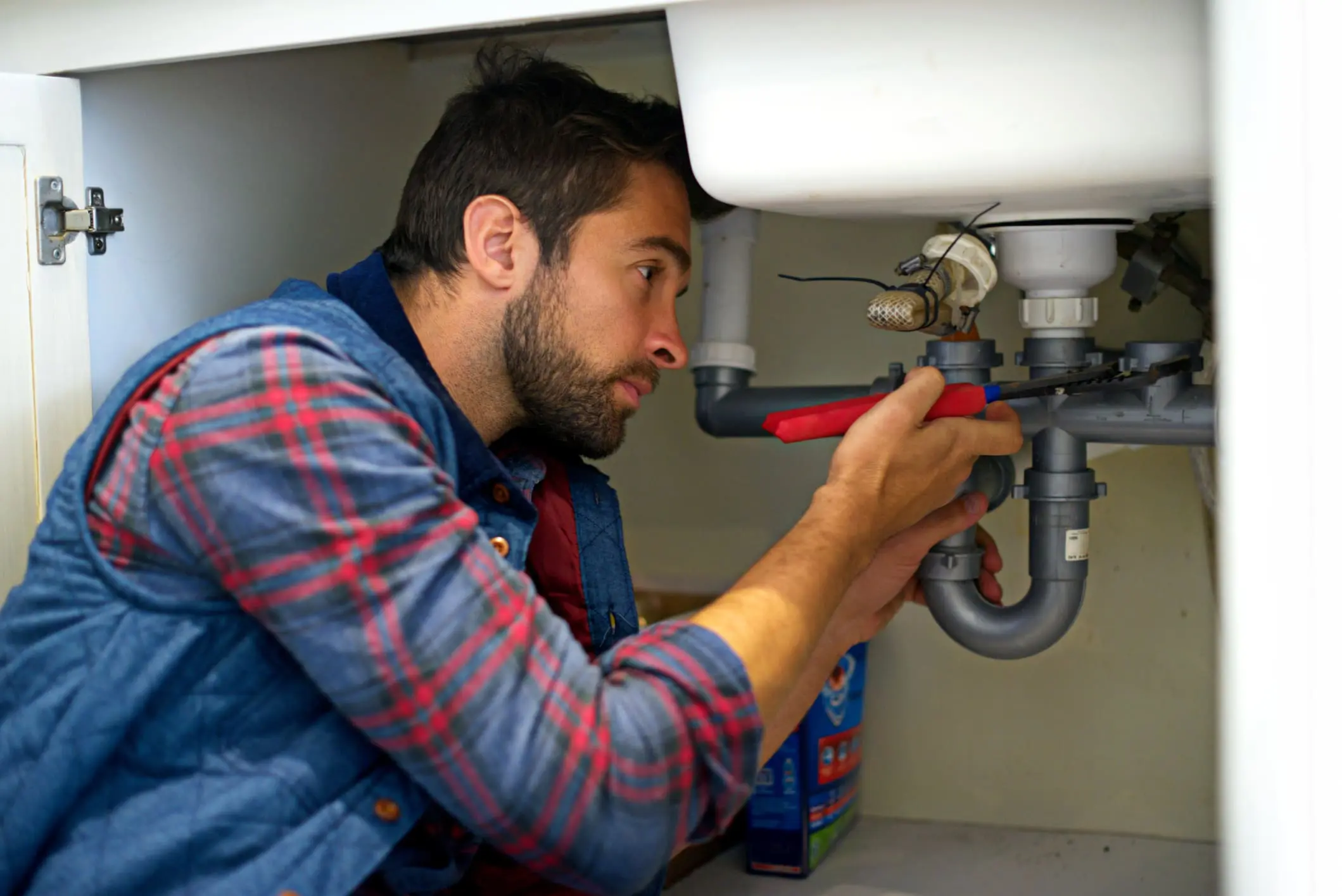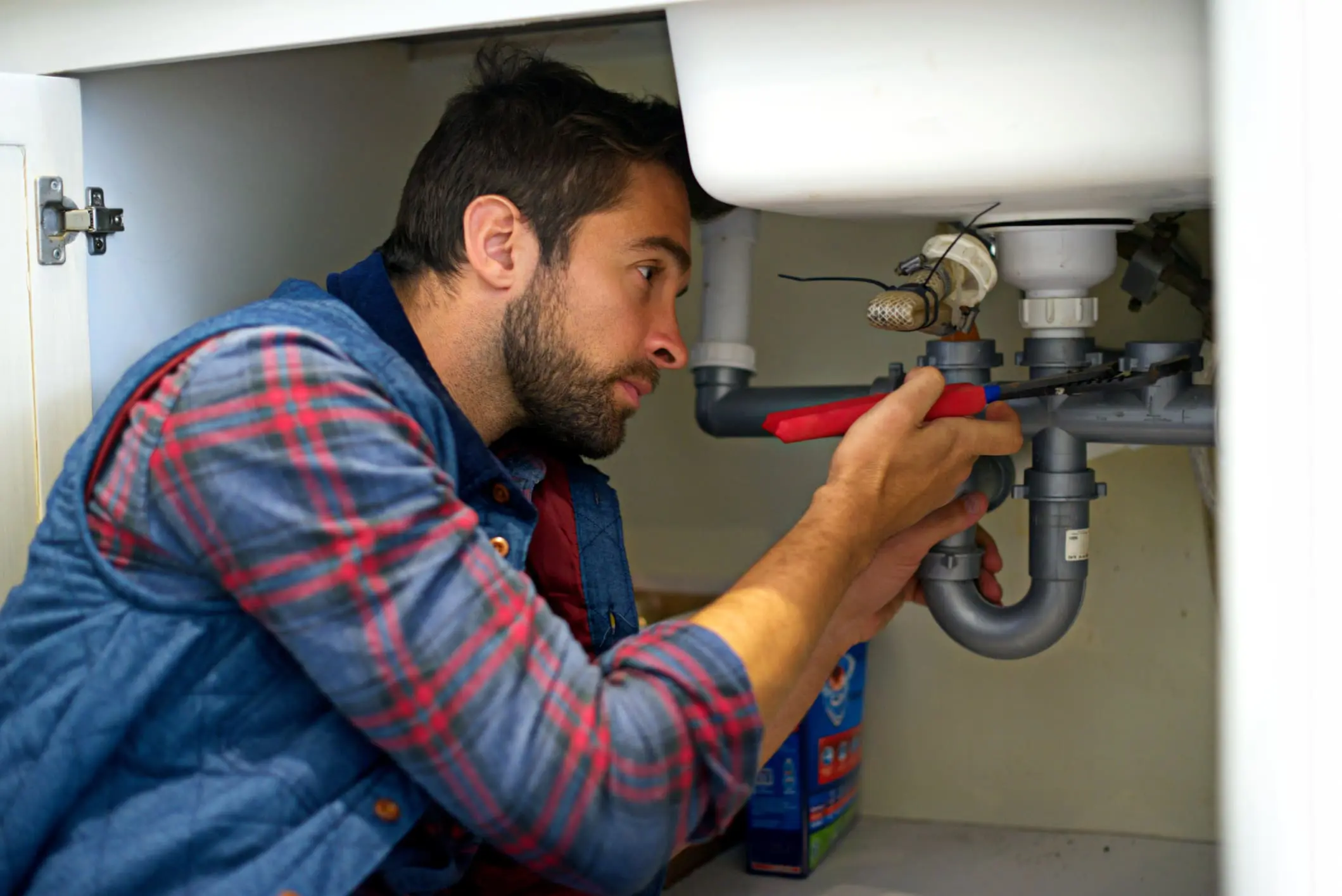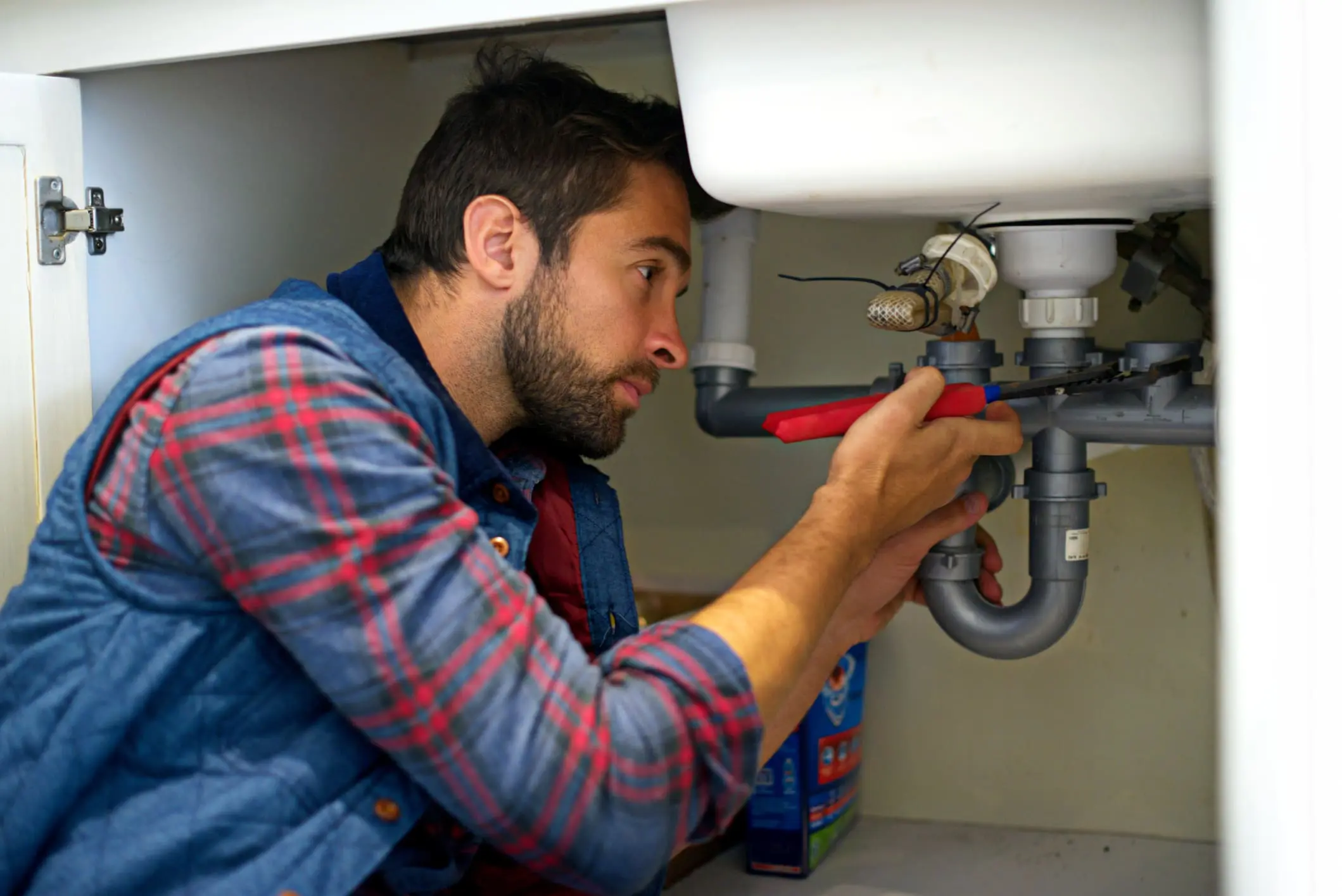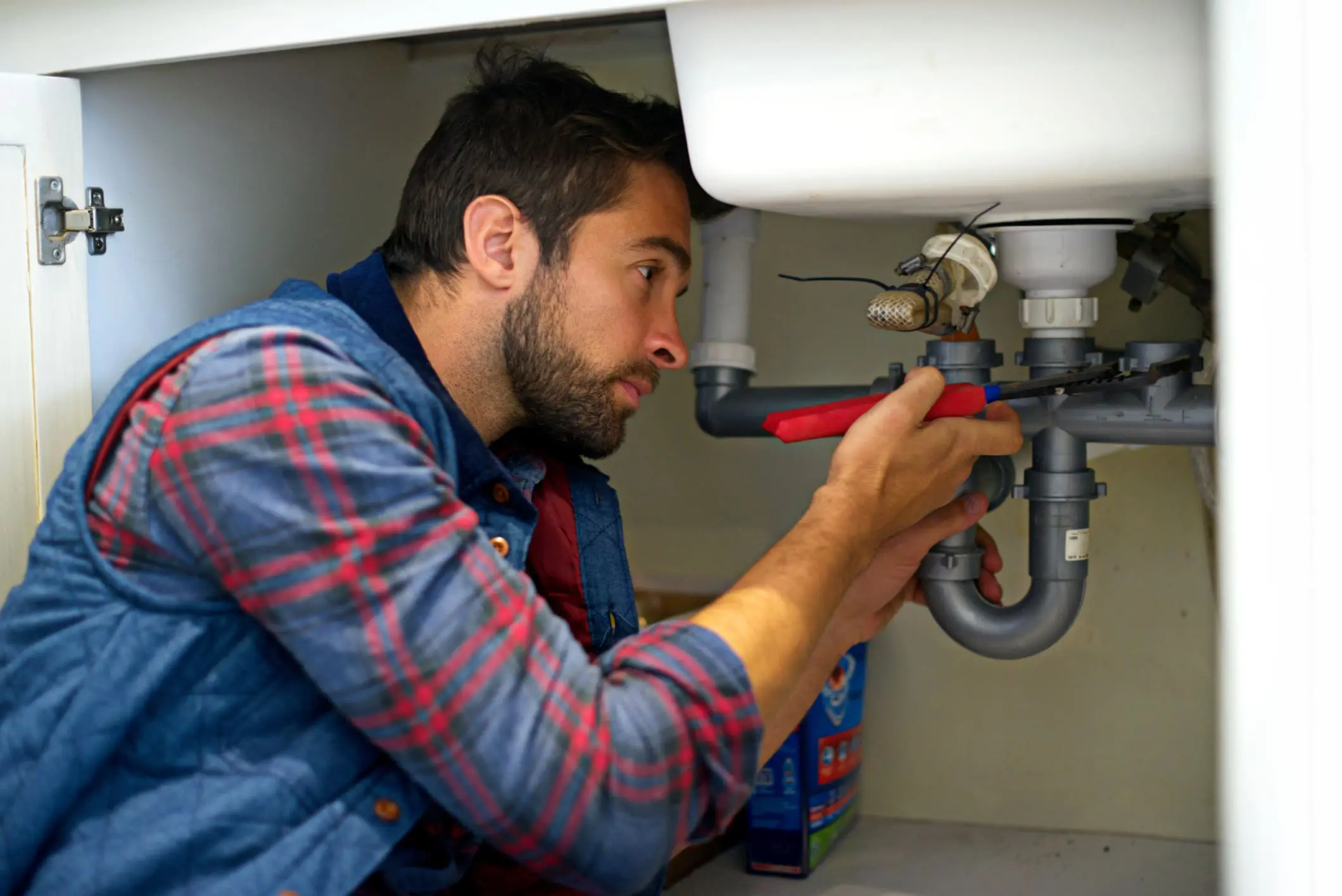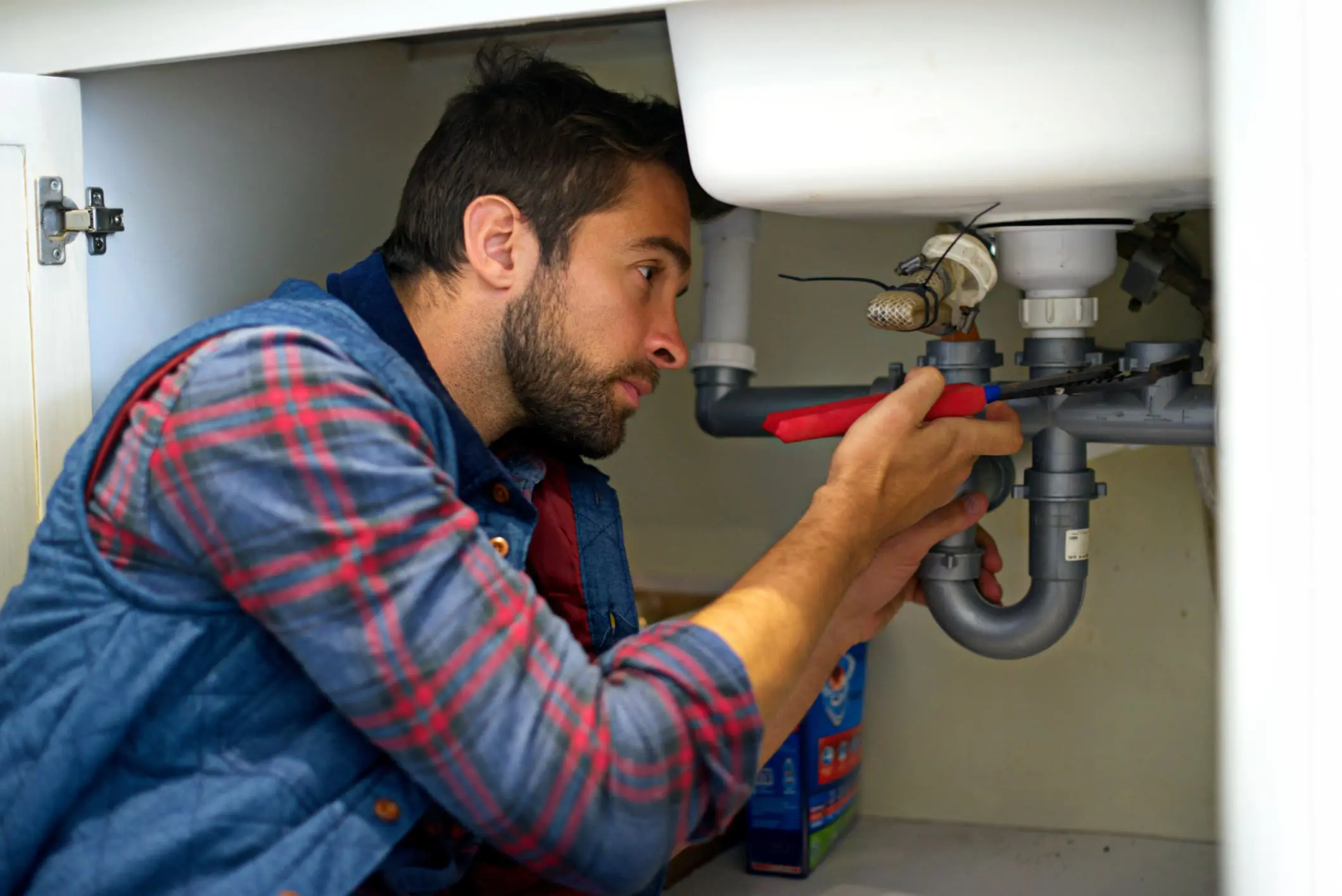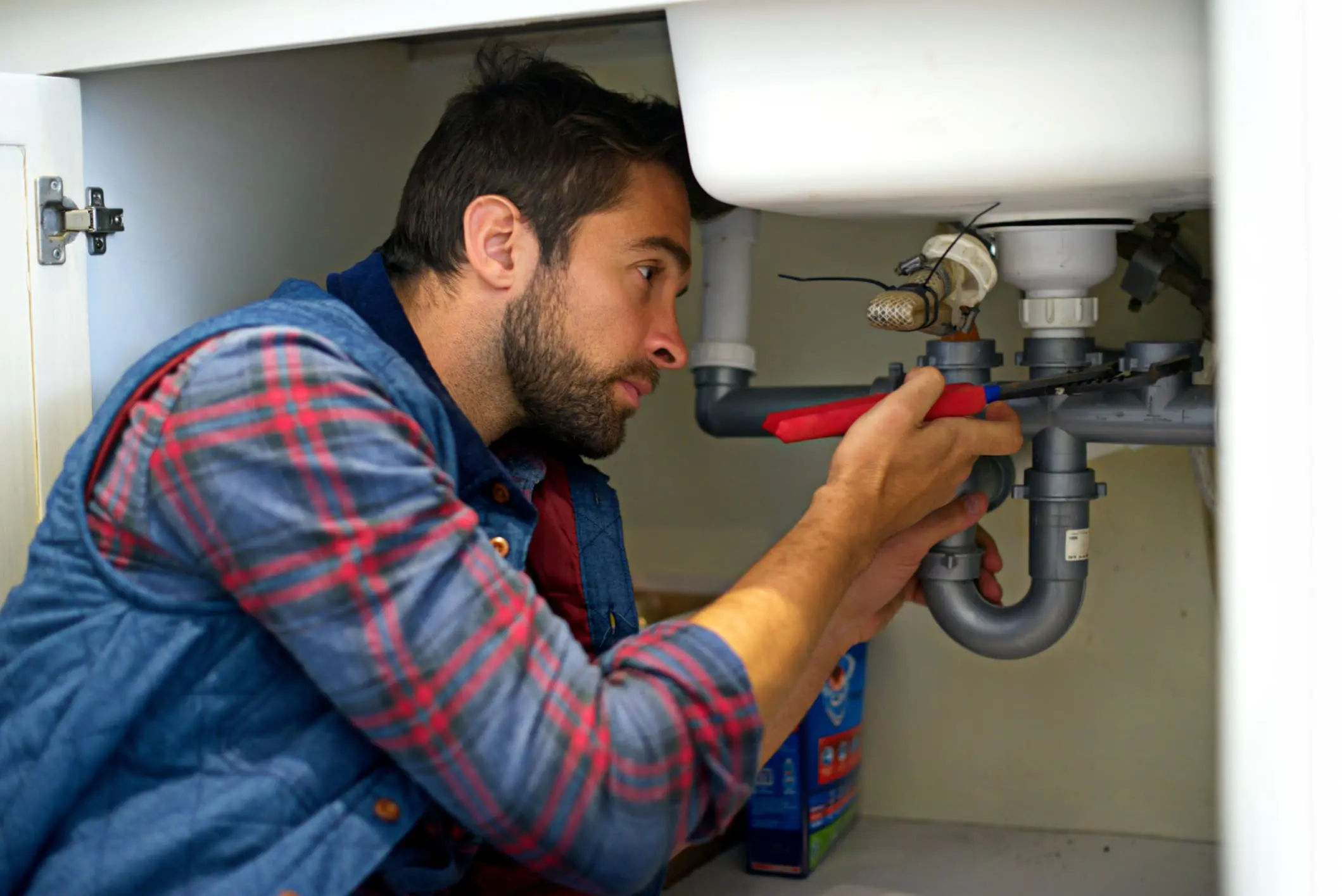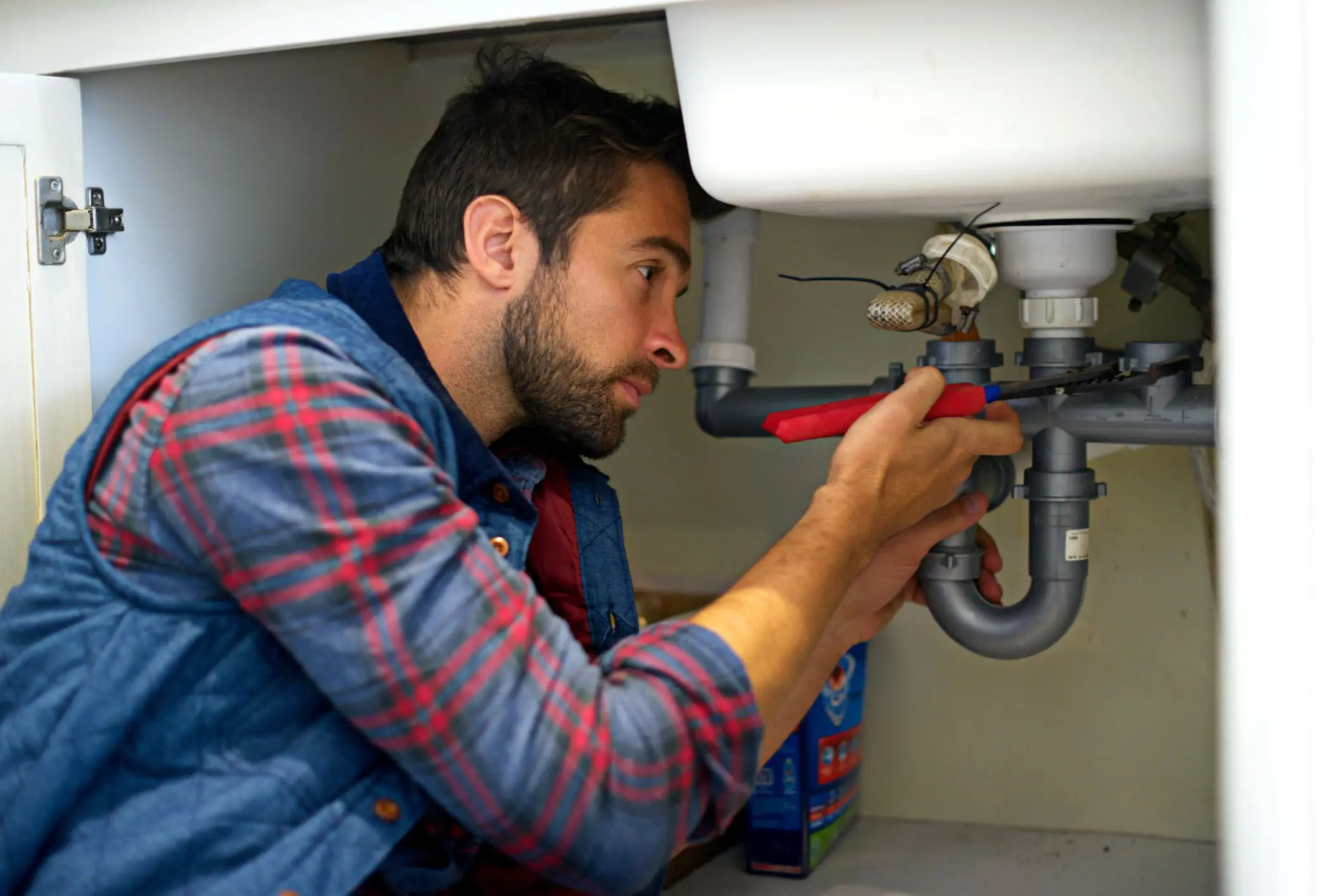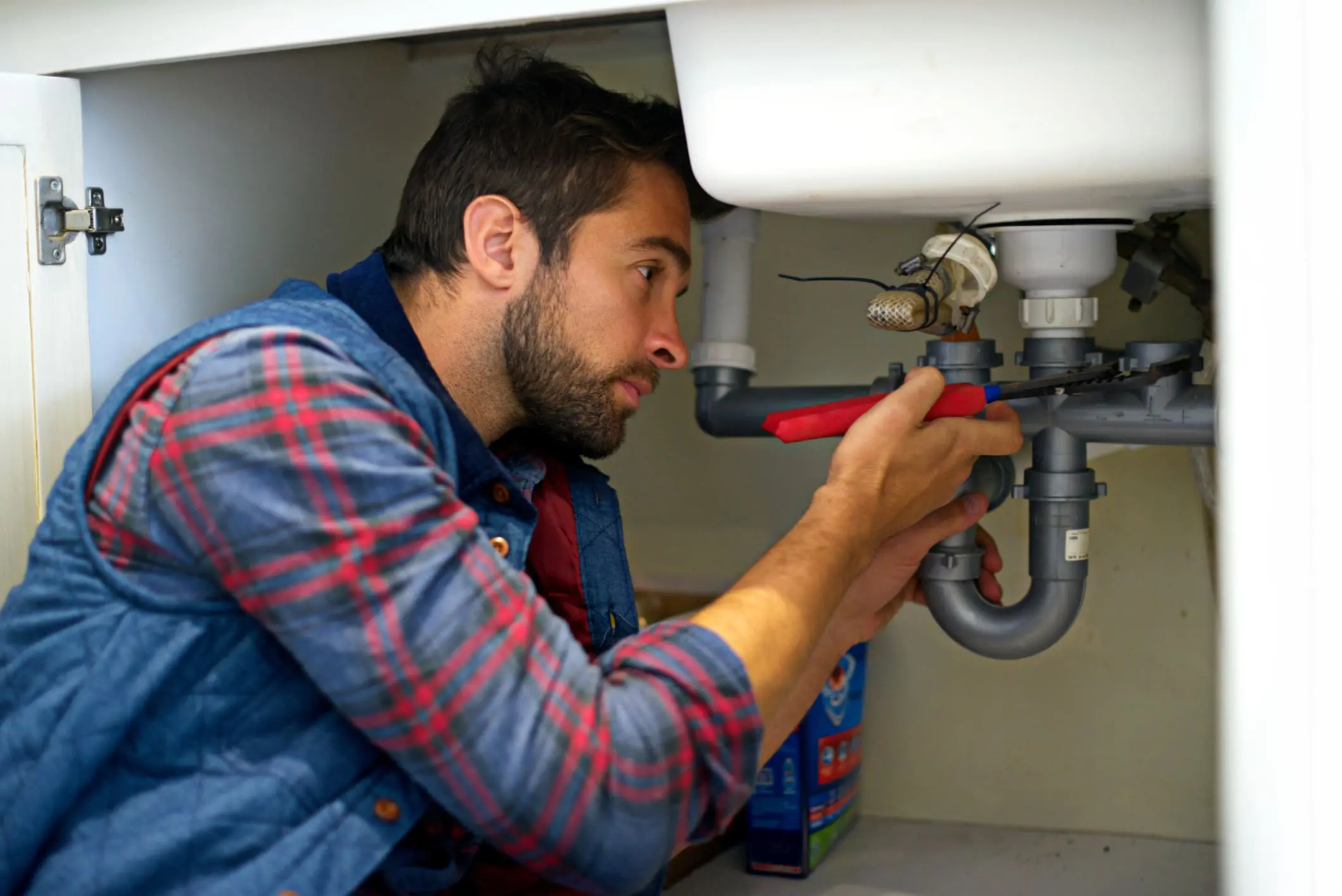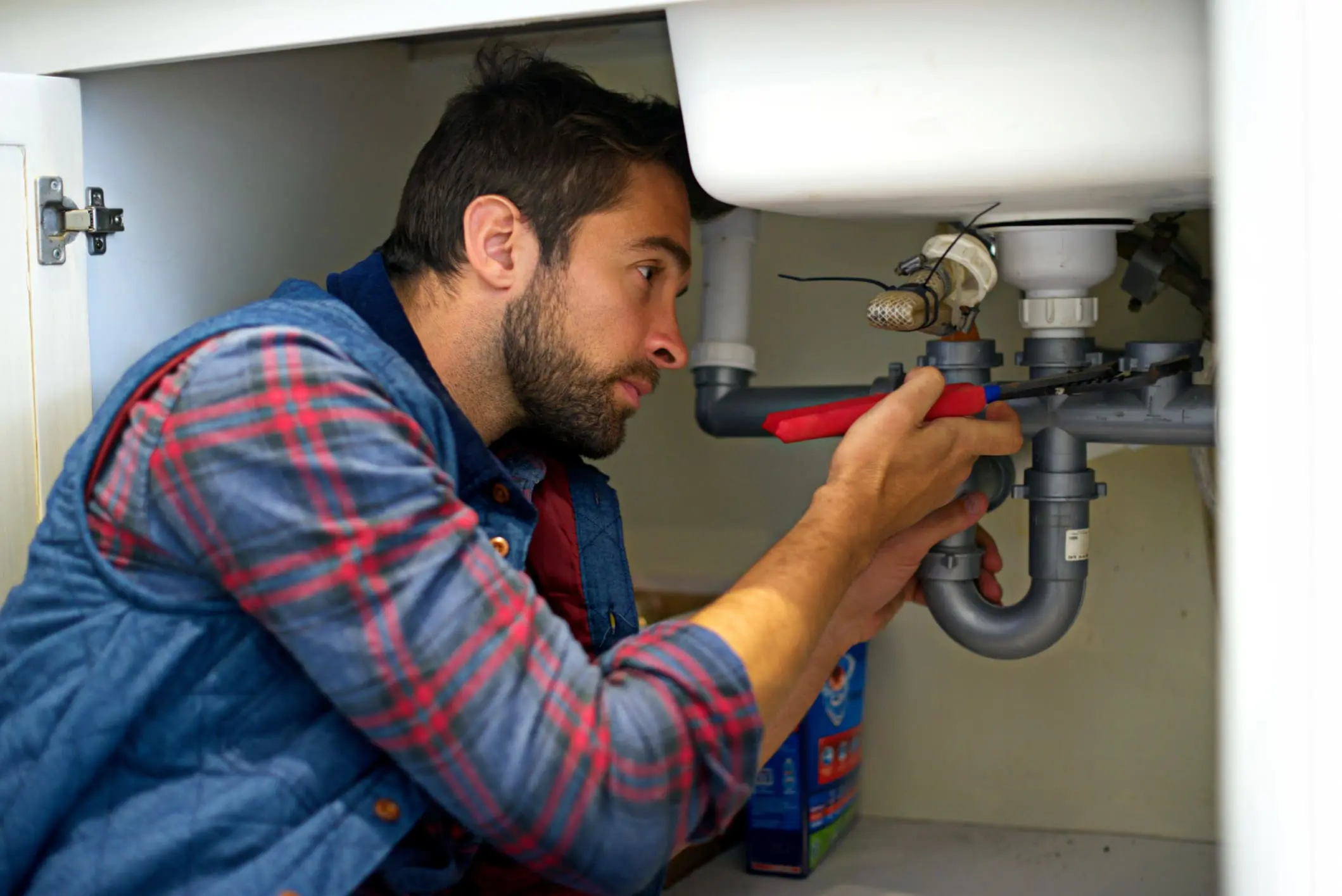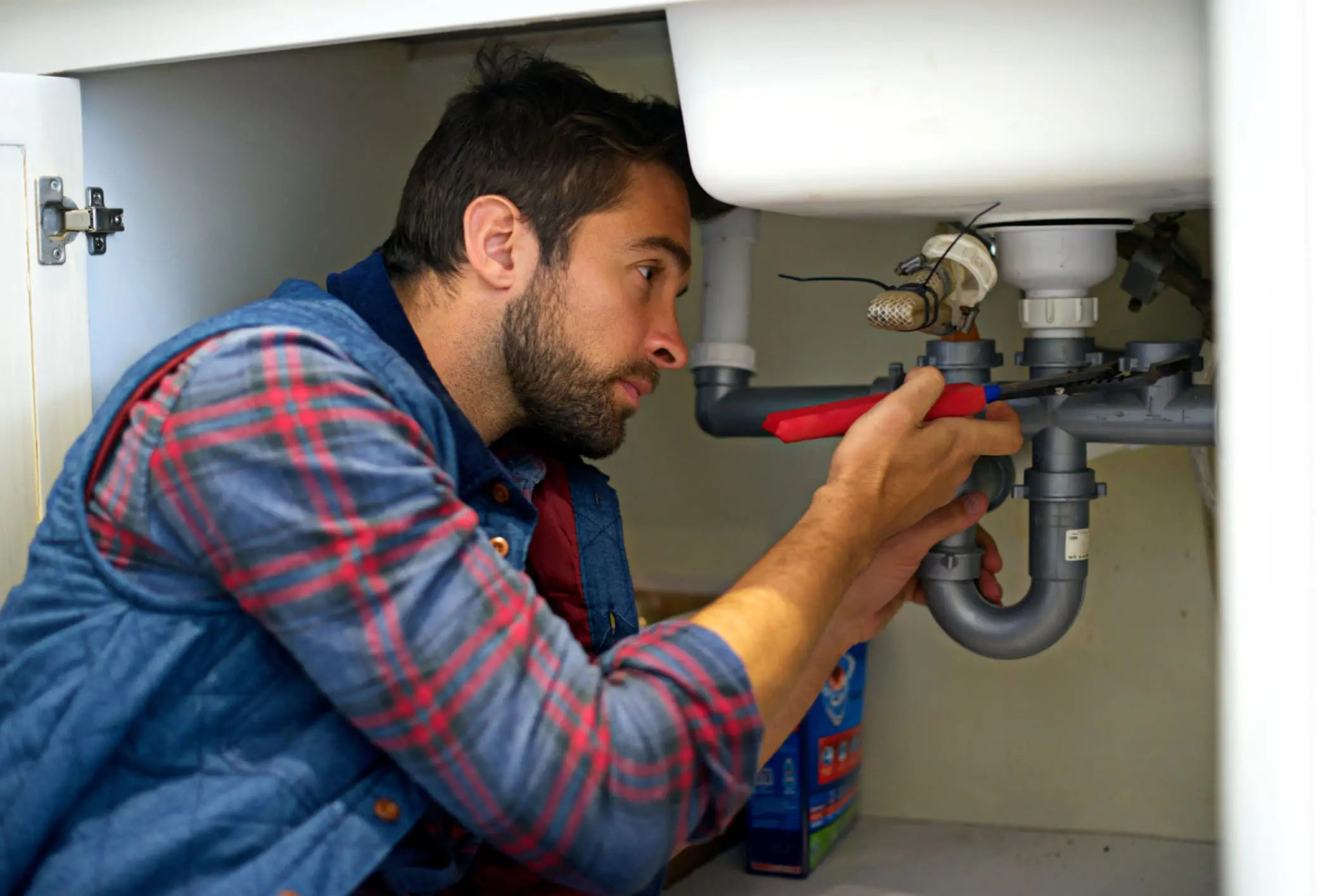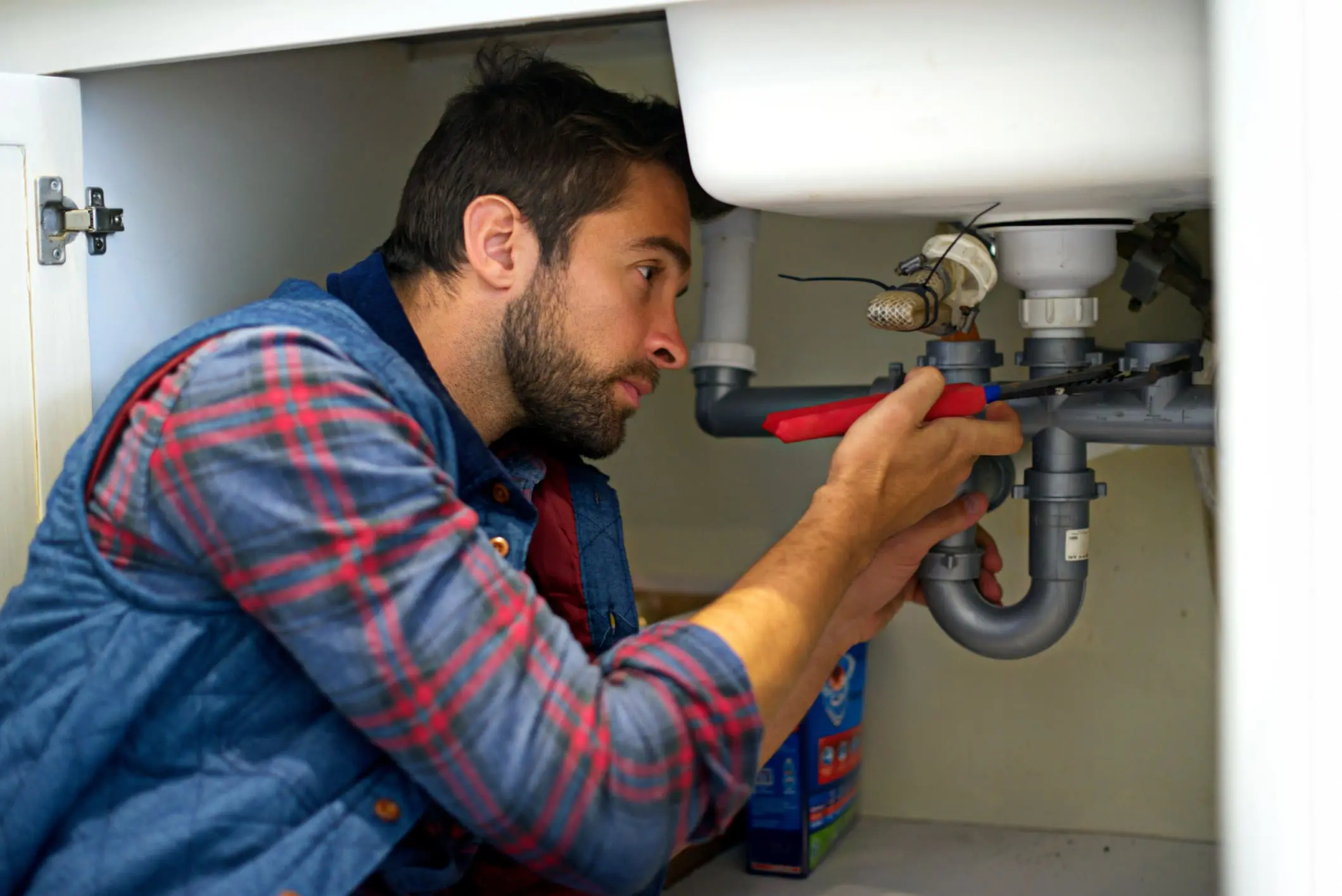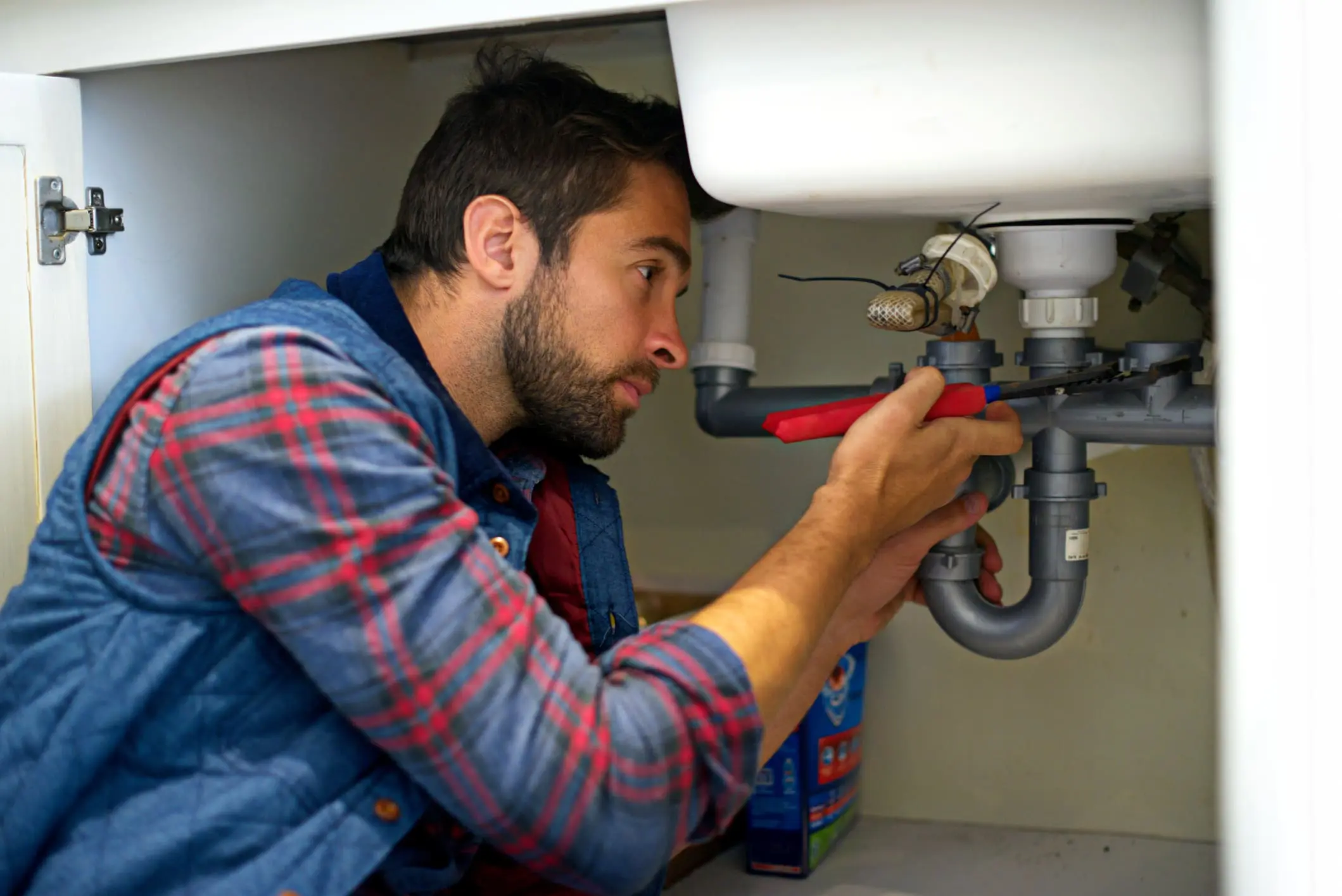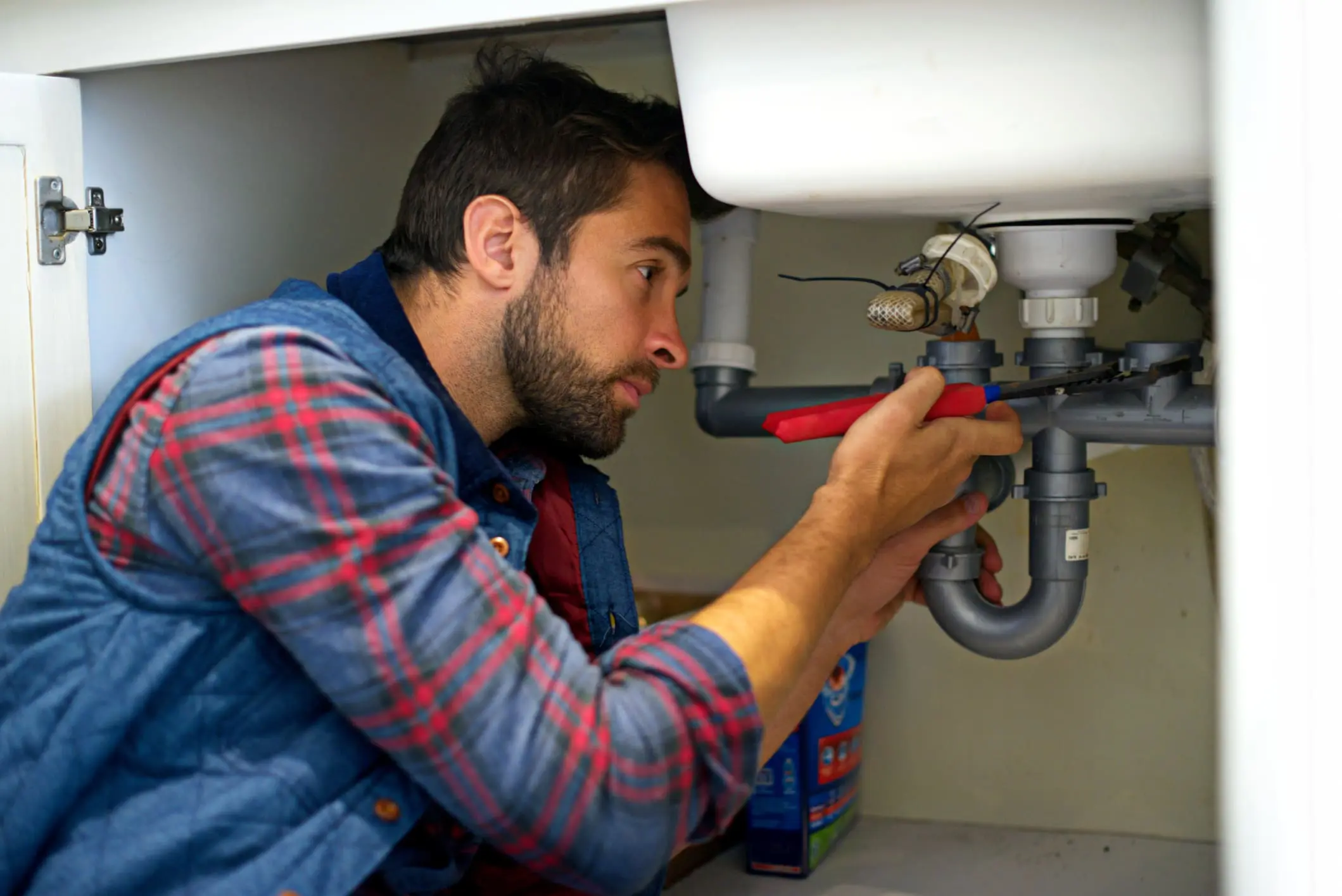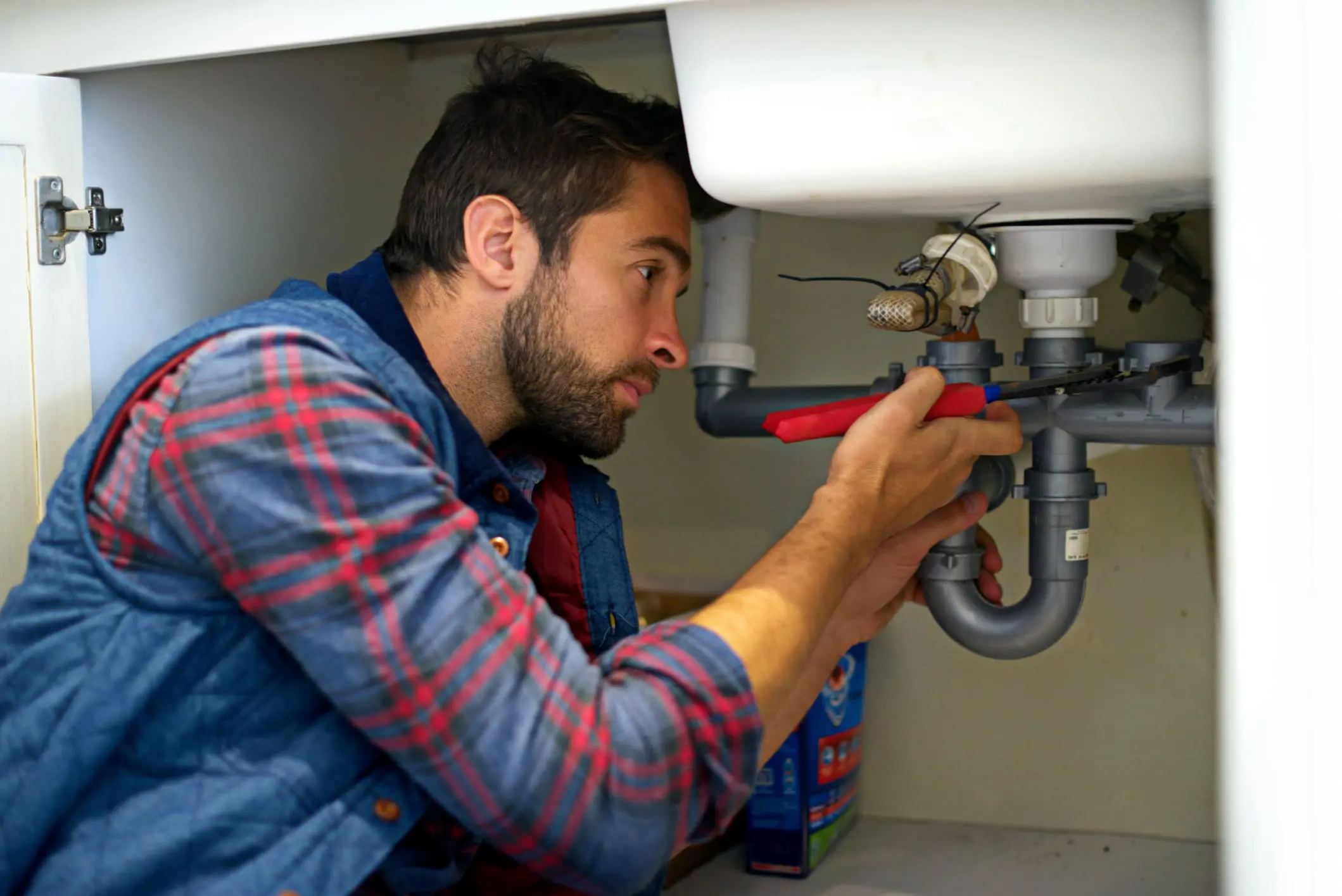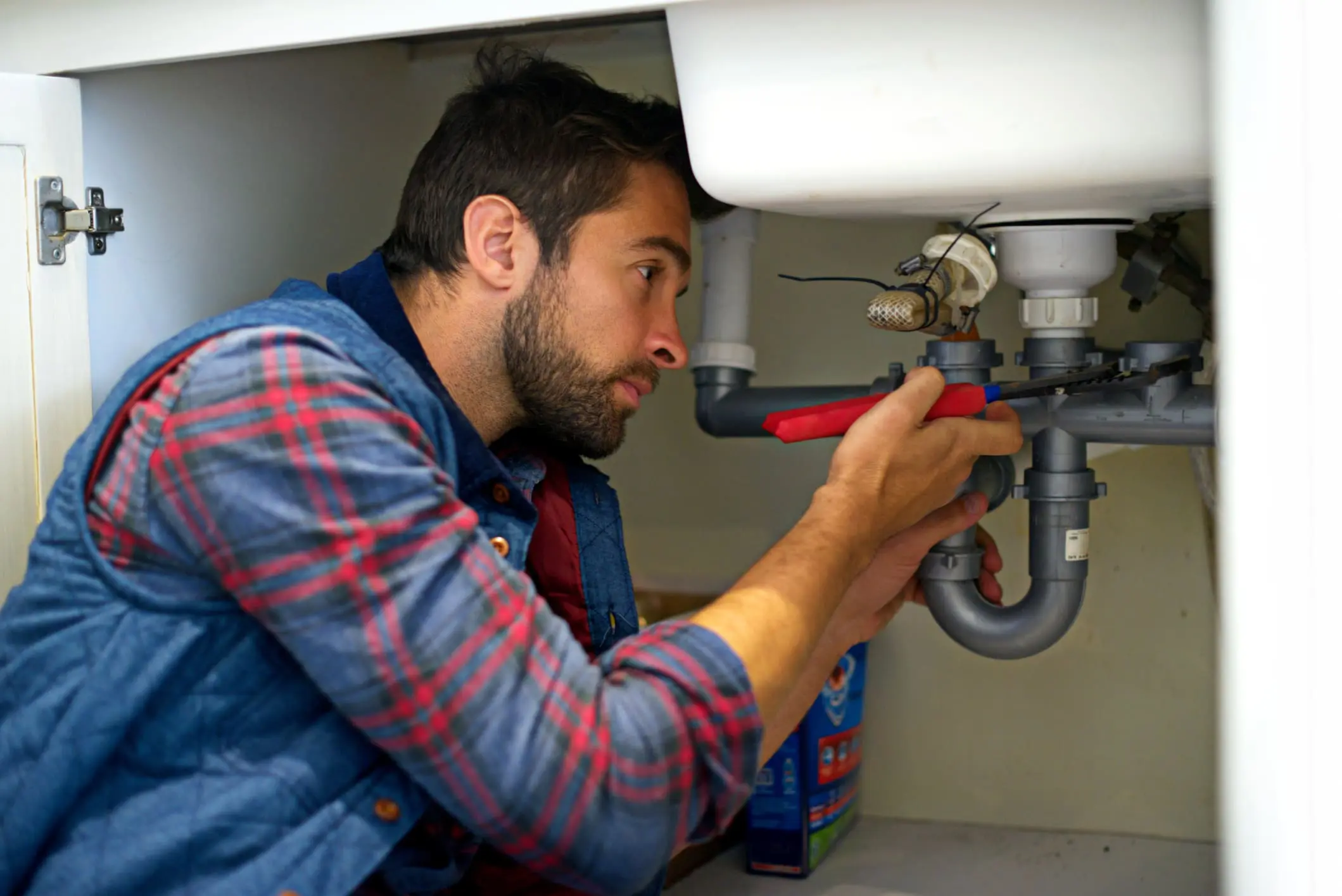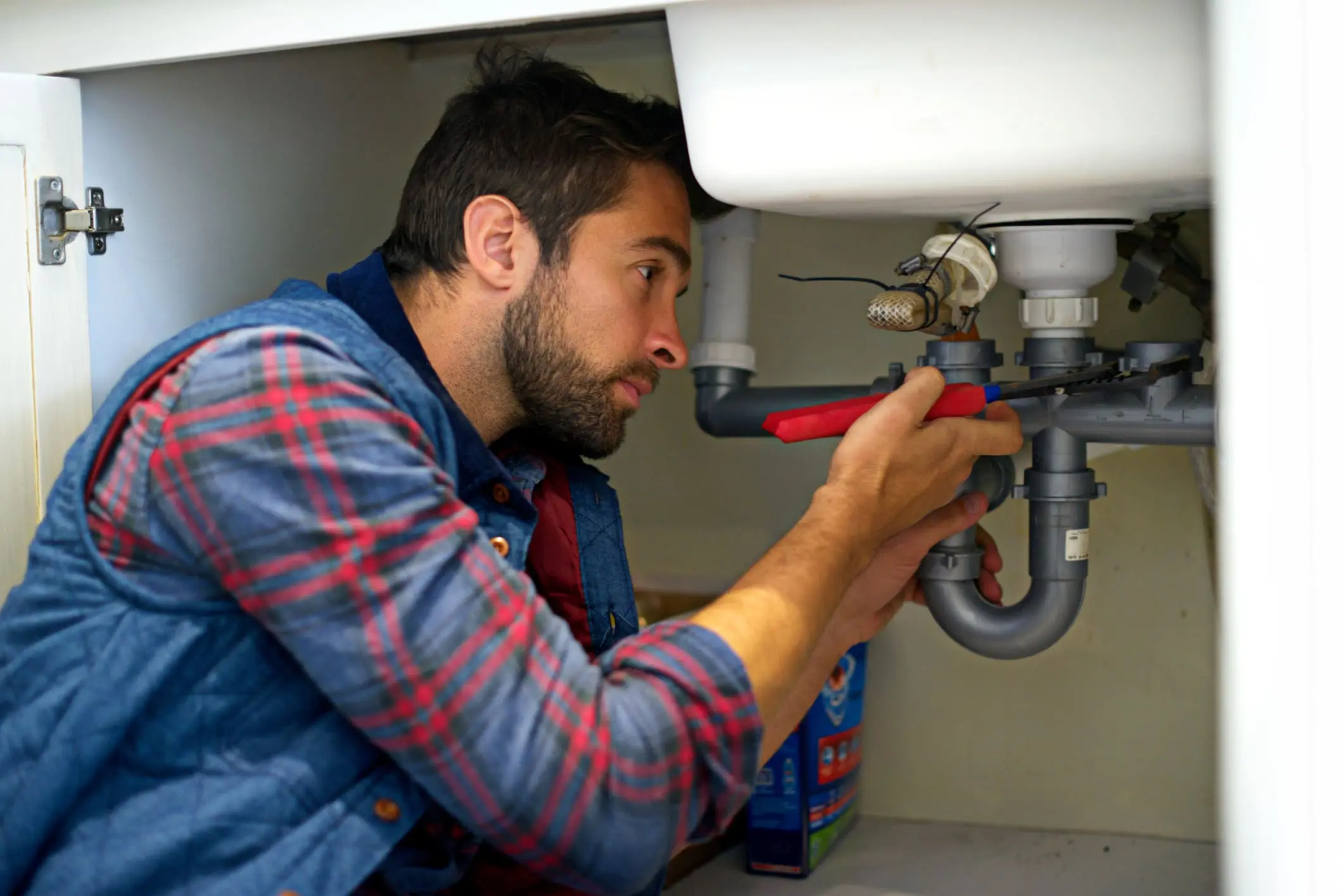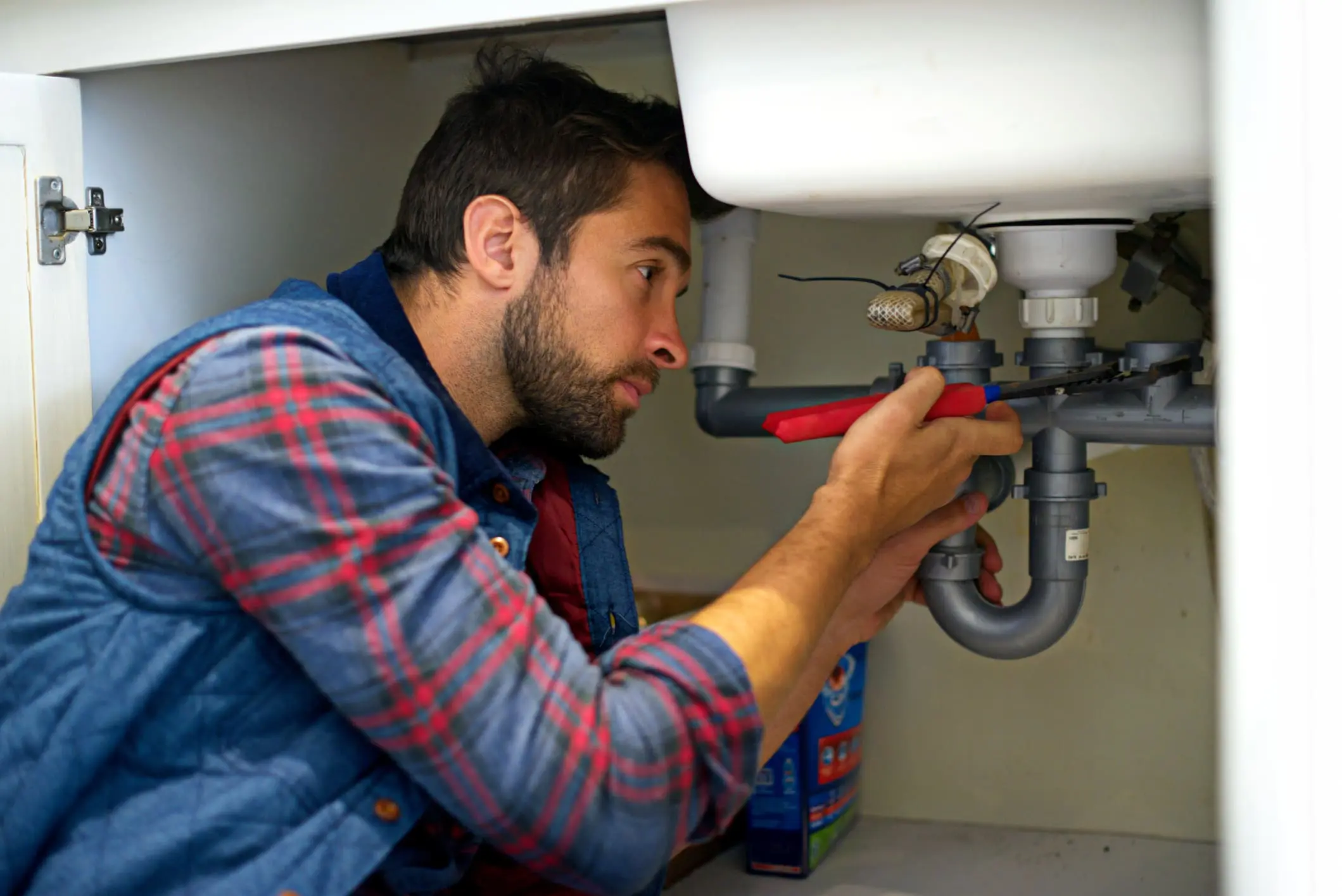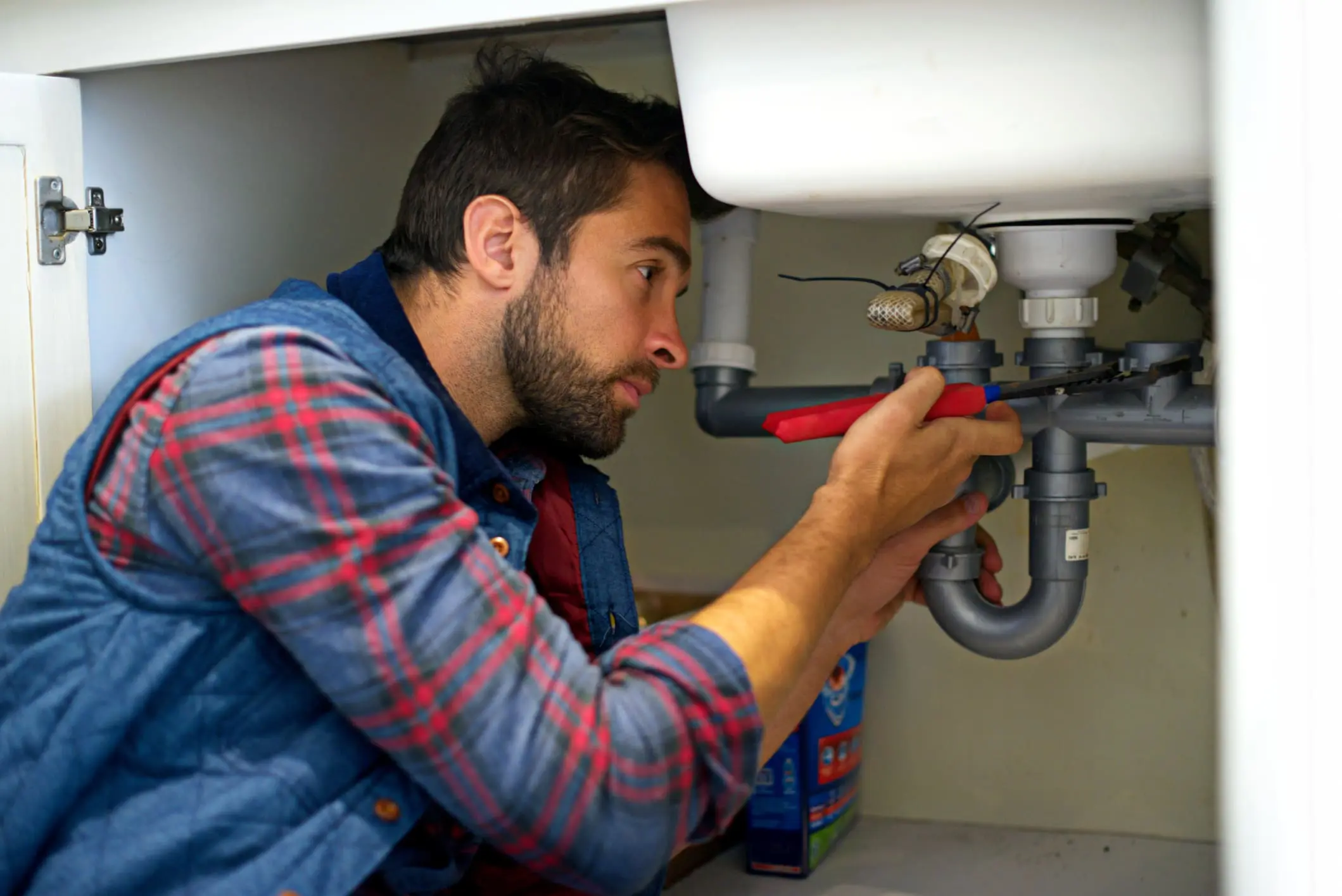The plumbing industry presents unique risks that require specialized insurance coverage. From working in confined spaces to handling hazardous materials, plumbers face daily challenges that could result in serious injuries, property damage, or legal claims. Understanding the right health and safety insurance coverage is crucial for protecting your business and ensuring compliance with UK regulations.
Why Plumbers Need Specialized Health & Safety Insurance
Plumbing work involves inherent risks that standard business insurance may not adequately cover. Professional plumbers work with high-pressure systems, chemicals, electrical components, and often in challenging environments like basements, crawl spaces, and commercial buildings. A single accident could result in significant financial liability, making comprehensive insurance coverage essential rather than optional.
The Health and Safety at Work Act 1974 places legal obligations on employers to protect their workers, while self-employed plumbers must ensure their own safety and that of others affected by their work. Insurance provides both financial protection and demonstrates professional responsibility to clients and regulatory bodies.
Key Health & Safety Risks in Plumbing
Physical Injury Risks
Plumbers face numerous physical hazards including cuts from sharp tools, burns from hot pipes or chemicals, back injuries from lifting heavy equipment, and slips or falls when working in wet conditions or at height. Repetitive strain injuries are common from prolonged use of tools and working in awkward positions.
Chemical and Environmental Hazards
Exposure to harmful substances like asbestos in older buildings, lead pipes, chemical drain cleaners, and solvents poses serious health risks. Poor ventilation in confined spaces can lead to respiratory problems, while contact with contaminated water systems may cause infections.
Electrical Hazards
Modern plumbing often involves electrical work for pumps, heating systems, and smart home installations. Water and electricity create dangerous combinations that can result in electrocution or fires.
Property Damage Risks
Water damage from burst pipes, flooding, or incorrect installations can be extremely costly. Even minor leaks can cause significant structural damage over time, leading to expensive claims against the plumber's professional liability.
Essential Insurance Coverage for Plumbers
Public Liability Insurance
This fundamental coverage protects against claims from third parties who suffer injury or property damage due to your plumbing work. Coverage typically ranges from £1 million to £6 million, with £2 million being standard for most plumbing businesses. This insurance covers legal costs, compensation payments, and medical expenses.
Employers' Liability Insurance
Legally required if you employ staff, this coverage protects against claims from employees who suffer work-related injuries or illnesses. The minimum legal requirement is £5 million, though many policies offer £10 million coverage. This includes protection against claims arising from inadequate safety training, faulty equipment, or unsafe working conditions.
Professional Indemnity Insurance
This coverage protects against claims of professional negligence, errors, or omissions in your work. For plumbers, this might include incorrect installations, design flaws, or advice that leads to financial loss for clients. Coverage typically ranges from £250,000 to £1 million depending on business size and risk exposure.
Tools and Equipment Insurance
Plumbers invest heavily in specialized tools and equipment. This coverage protects against theft, damage, or loss of tools, whether stored at your premises, in vehicles, or at client sites. Many policies also cover hire costs for replacement tools while claims are processed.
Commercial Vehicle Insurance
Most plumbers require vehicles to transport tools and materials. Standard motor insurance may not cover business use or tools carried in vehicles. Commercial vehicle insurance provides comprehensive coverage for business use, including goods in transit protection.
Specialized Coverage Considerations
Pollution Liability
Plumbers working with heating oil, chemicals, or waste systems may need pollution liability coverage. This protects against environmental damage claims and cleanup costs from accidental spills or contamination.
Cyber Insurance
Modern plumbing businesses increasingly rely on digital systems for scheduling, invoicing, and customer management. Cyber insurance protects against data breaches, system failures, and cyber attacks that could disrupt business operations.
Contract Works Insurance
For plumbers involved in larger construction or renovation projects, contract works insurance covers damage to the work in progress, materials, and temporary structures. This is often required by main contractors or clients.
Health & Safety Best Practices
Risk Assessment and Method Statements
Conduct thorough risk assessments before starting work, identifying potential hazards and implementing control measures. Document these assessments and ensure all team members understand the safety procedures.
Personal Protective Equipment (PPE)
Invest in quality PPE including safety glasses, gloves, respiratory protection, and appropriate footwear. Ensure PPE is regularly inspected, maintained, and replaced when necessary.
Training and Certification
Maintain current certifications and invest in ongoing safety training. This includes gas safety qualifications, confined space training, and first aid certification. Well-trained plumbers are less likely to have accidents and may benefit from reduced insurance premiums.
Equipment Maintenance
Regular maintenance and inspection of tools and equipment reduces the risk of failures that could cause injuries or property damage. Keep detailed maintenance records as evidence of responsible practices.
Choosing the Right Insurance Provider
Industry Experience
Select insurers with specific experience in tradesman insurance. They understand the unique risks plumbers face and can provide tailored coverage options.
Claims Handling
Research the insurer's claims handling reputation. Quick, fair claims settlement is crucial when accidents occur. Look for providers offering 24/7 claims reporting and dedicated trade claims handlers.
Risk Management Support
Many insurers offer risk management resources including safety guides, training materials, and health and safety consultancy services. These value-added services can help prevent claims and demonstrate your commitment to safety.
Flexible Coverage Options
Your insurance needs may change as your business grows or diversifies. Choose providers offering flexible policies that can be adjusted as your business evolves.
Cost Factors and Premium Considerations
Insurance premiums depend on various factors including business size, annual turnover, claims history, types of work undertaken, and safety record. Plumbers specializing in high-risk areas like gas work or commercial installations typically pay higher premiums.
Implementing strong health and safety practices can help reduce premiums over time. Many insurers offer discounts for businesses with good safety records, relevant certifications, and comprehensive risk management procedures.
Legal and Regulatory Compliance
Construction (Design and Management) Regulations 2015
These regulations apply to construction projects and require proper planning, coordination, and management of health and safety risks. Plumbers working on construction sites must understand their responsibilities under CDM regulations.
Gas Safety (Installation and Use) Regulations 1998
Plumbers working with gas installations must be Gas Safe registered and comply with strict safety requirements. Insurance policies should specifically cover gas work risks.
Water Supply (Water Fittings) Regulations 1999
These regulations govern water system installations and require compliance with specific standards. Non-compliance could void insurance coverage or lead to regulatory action.
Making a Claim
When incidents occur, prompt action is essential. Immediately ensure safety, provide necessary first aid, and report serious incidents to relevant authorities. Contact your insurer as soon as possible, providing detailed information about the incident.
Document everything thoroughly including photographs, witness statements, and incident reports. Cooperate fully with insurance investigators while avoiding admitting liability. Your insurer will handle legal aspects and settlement negotiations.
Future Considerations
The plumbing industry continues to evolve with new technologies, materials, and regulations. Smart home systems, renewable energy installations, and environmental regulations create new risks that may require additional insurance coverage.
Climate change is increasing the frequency of extreme weather events, potentially leading to more emergency plumbing work and associated risks. Ensure your insurance coverage remains adequate for changing business conditions.
Conclusion
Health and safety insurance is not just a legal requirement but a fundamental business necessity for plumbers. The right coverage protects your business, employees, and clients while demonstrating professional responsibility. By understanding the risks, implementing strong safety practices, and choosing appropriate insurance coverage, plumbers can operate confidently while protecting their financial future.
Regular review of your insurance needs ensures coverage remains adequate as your business grows and evolves. Working with experienced insurance professionals who understand the plumbing industry helps ensure you have the right protection at competitive rates.


 0330 127 2333
0330 127 2333
